How to Answer Philosophical Questions using Creative Reflections
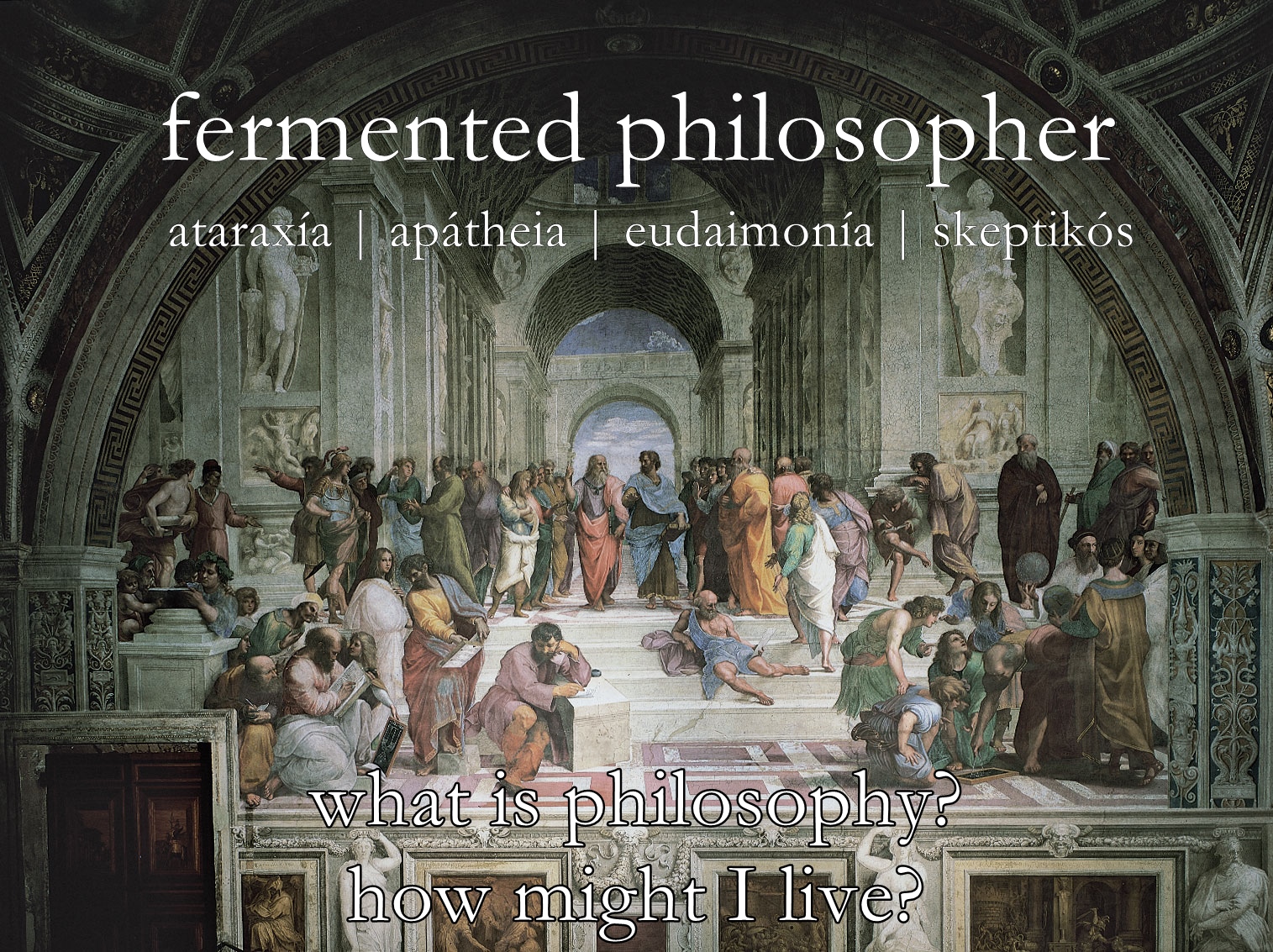
Part 6: Answering Philosophical Questions: Creative Reflections
Introduction
Other than critically reflecting on concepts and meaning-giving-ideas, i.e. reflecting on how we use concepts; what concepts mean; or what rules govern concepts; philosophy can also create these concepts and meaning-giving-ideas. There is thus a creative aspect to philosophy as well as a critical one. This is especially the case regarding speculation. Combined with speculation and influenced by the body of philosophical knowledge – 2000 years since Socrates – there is an immense vastness of creative possibility for philosophising.
Creative Reflections Regarding Concepts


When concepts are outmoded; does not signify; or does not identify what we want to, we can use creative philosophical reflections to reconceptualise and create new concepts so that it either gets incorporated into another concept or form a new concept in totality.
Regarding the incorporation, see, for example, that of euthanasia. The concept of “legal murder” needs a reconceptualization because we (in certain places in the world) feel that this euthanasia needs to fall under legal murder. Philosophers can thus creatively reflect regarding this contentious concept and come of with ways in which we can incorporate euthanasia in the concept “legal murder”.
Regarding the reconceptualization, one might refer to this as the broadening of a concept itself. This is closely related to the incorporation of concepts but think about the concept of Art. Modern conceptions of art are irreconcilable with those of, say, the middle ages or those of the ancient Greek period. We can thus see that we almost entirely reconceptualised what is seen as art and this itself is a creative and concept building reflection.
Creative Reflections Regarding Meaning-giving-ideas
Meaning-giving-ideas are those that are part of a web-of-meanings – or part of a specific context. We can thus not reflect on these without also reflecting on a myriad of other meaning-giving-ideas. This is most evident when we look back at history and try to project current meaning onto something in history with a similar name. Let us look at science or our scientific community as an example.
When we look at what an ancient philosopher with the name Epicurus meant with the meaning-giving-idea of science vs. what our current understanding of it entails, we can see the striking difference. Epicurus posited the idea of atoms in a very similar fashion as we did, however there is a striking difference: Epicurus never posited his atom-theory to be tested, nor did he come to the idea via empirical evidence. He merely made a rational argument for it. This, as is hopefully clear, is not a scientific idea in our contemporary understanding. In other words, there was a creative reconceptualization of what science and the scientific community in a specific context means.

We do not accept rational arguments in science anymore, empirical evidence is the normal mode of doing science. However, we might forget that this was not always the case. Today it seems like the norm and we do not really question it anymore, but when Epicurus proposed his theories, they were conceptually different from what we today call theories and a scientific community. Our understanding of science and a scientific community thus have undergone extensive creative reconceptualizations.
How Might I Live?
In the previous essay, there were more rigid methods in which you could critically reflect on concepts and meaning-giving-ideas. However, in creative reflections, the possibility of having rigid rules and borders become fuzzy because one is actively and creatively building something new which was not there before. In other words, reconceptualising and building concepts depends on the social elements surrounding the concept or meaning-giving idea. This is especially the case with “How might I live?”.

“How might I live?” is a meaning-giving-idea and one that actually needs constant creative reflections. In other words, we need to always be rethinking how might I live because society changes constantly. If I model my way of living on someone else’s way of living, I will not be happy or satisfied because that other person lives in another context with other meaning-giving-ideas. If I model my way of living on an outmoded reference, I might not be happy because society changed.
How then do we best answer this question via creative reflections? Next week we will look at systematically answering philosophical questions using the different types of reflections.


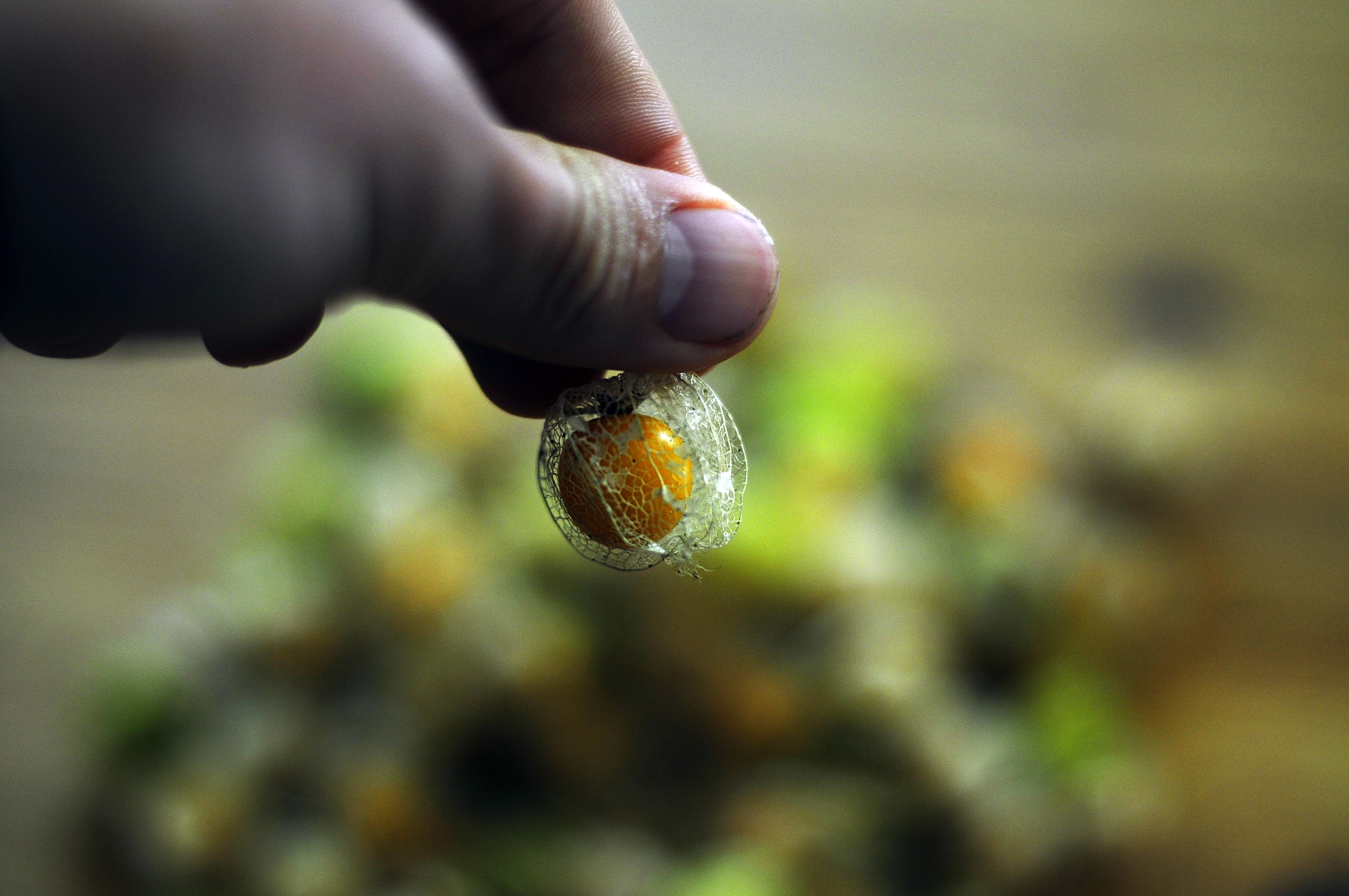

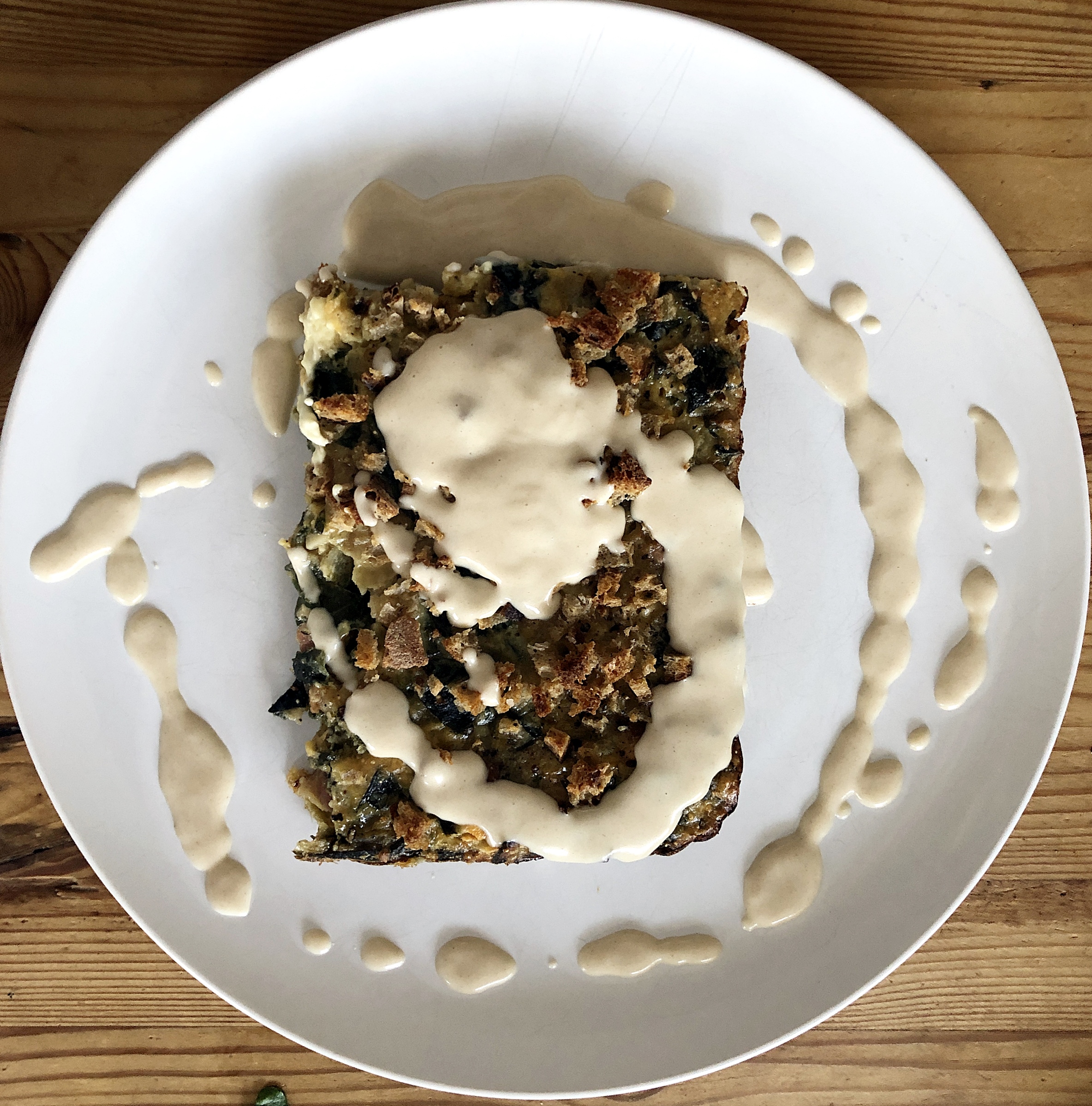
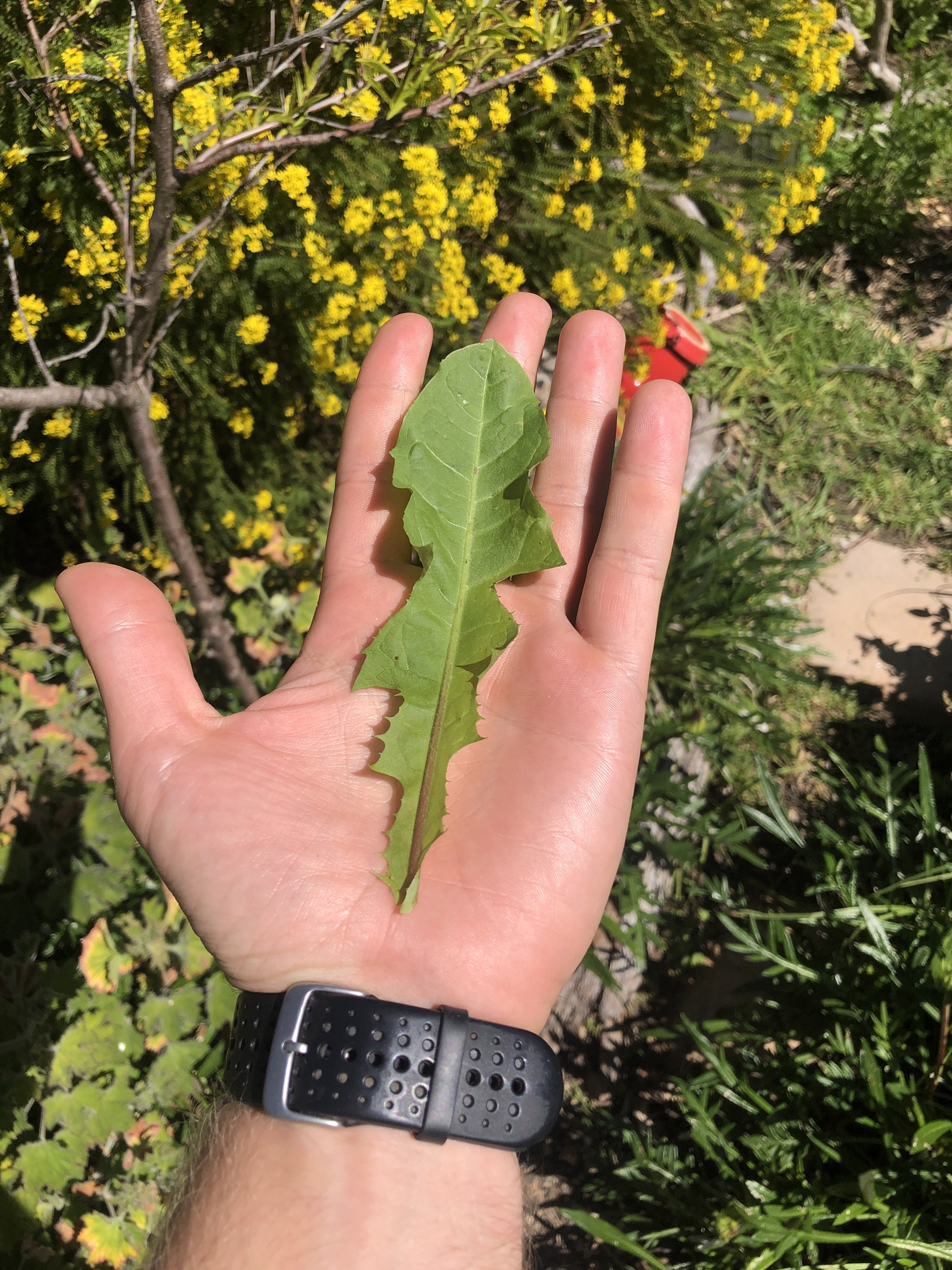


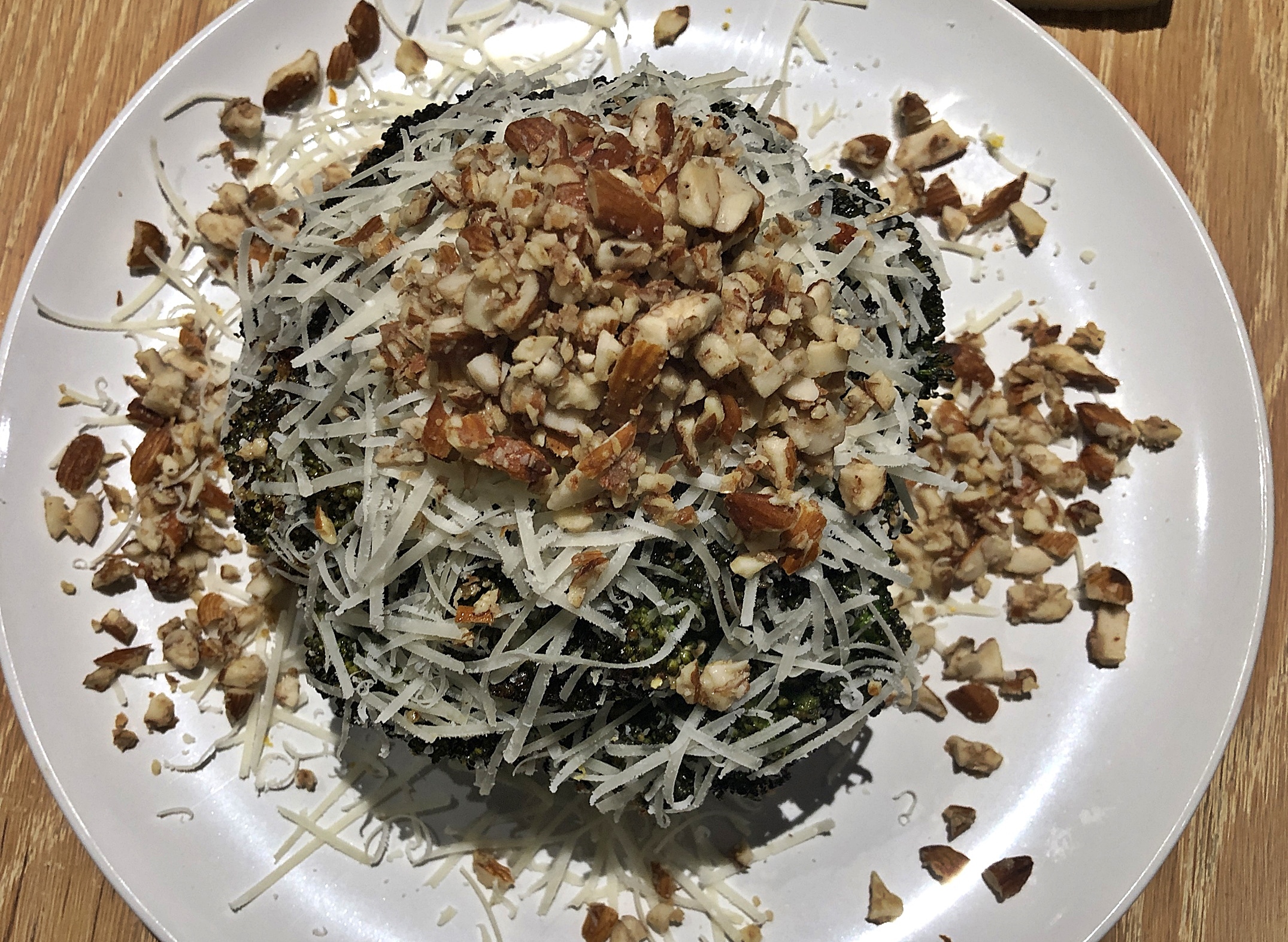
Comments